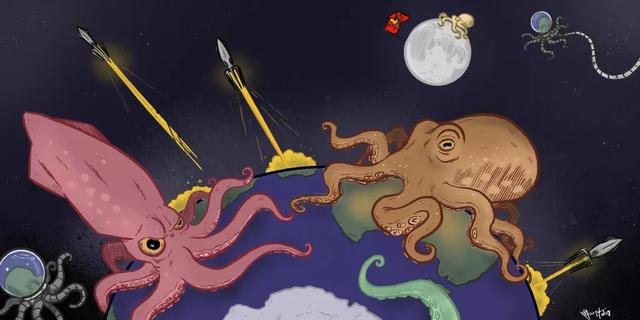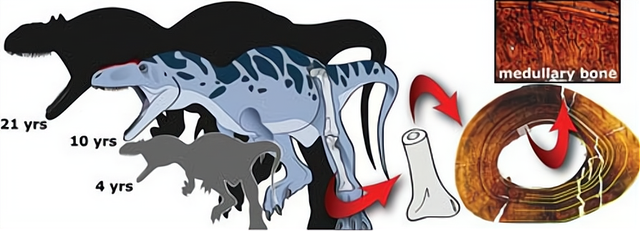Since the discovery of the first exoplanet in the 1990s, scientists have found more than 4,000 exoplanets, some like the giant gas planets of our solar system, and others like earth-like planets. Some exoplanets may have very harsh environments, perhaps as hot as venus or mercury, or as extremely cold as other planets. Of course there are also exoplanets that may have relatively suitable temperatures, may be located in the habitable zone of a star system, are a potentially habitable planet, and may even be a living planet.
Scientists have previously selected 24 of the more than 4,000 known exoplanets as so-called "Super-habitable" Planets. These 'super-habitable' planets are slightly larger than earth, have a surface temperature slightly higher than earth's, and have an atmosphere with slightly more oxygen than earth's atmosphere. Scientists believe that life on these 'super-habitable' planets could be more comfortable than on earth. If, as scientists predict, life on these 'super-habitable' planets is more comfortable than on earth, then the possibility of alien life on these 'super-habitable' planets would be reasonable.

The reason is simple: Earth is the only planet on which life is known to exist, and although we do not yet know how life on earth originated, some studies have shown that life on earth can occur naturally under certain circumstances. Some very small inorganic molecules underwent a series of chemical reactions to produce organic macromolecules, which eventually formed the most primitive microorganisms, and then slowly evolved over billions of years to produce advanced earth civilisations. That is, there were meteorites and comets that brought the seeds of life to earth, and eventually these seeds of life from outer planets emerged in an environment suitable for the origin of life on earth.
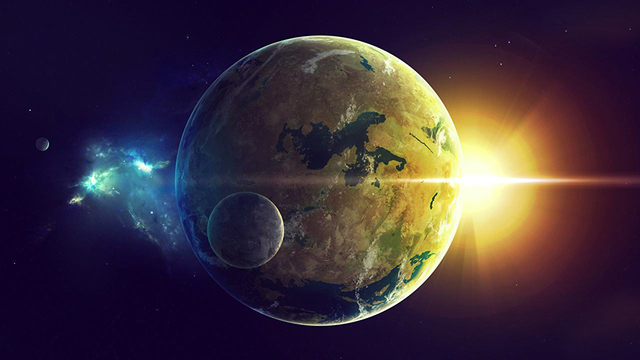
Although scientists have identified only 24 'super-habitable' planets so far, there are hundreds of millions of 'super-habitable' planets like these throughout the universe. With so many 'super-habitable' planets, it is theoretically possible that life like earth could have originated, either naturally or from an alien planet, and that these 'super-habitable' planets would have had enough time to develop advanced these 'super-habitable' planets also have enough time to develop advanced alien civilisations. Some scientists therefore believe that there may be some unknown alien life on these 'super habitable' planets, and possibly even advanced extraterrestrial civilisations.
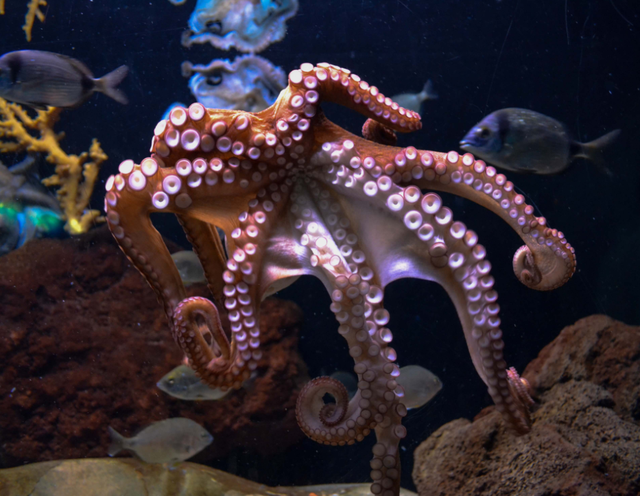
In the year 20221, some research by scientists suggested that there could be 36 human-like alien civilizations in our galaxy that could transmit radio signals, but that these potential alien civilizations are too far away from our planet to be discovered at this time. Other scientists believe that the extraterrestrial life we have been searching for all these years does not have to be far away in the depths of the universe, but could even be close to us, on a planet in our solar system, or right here on earth.
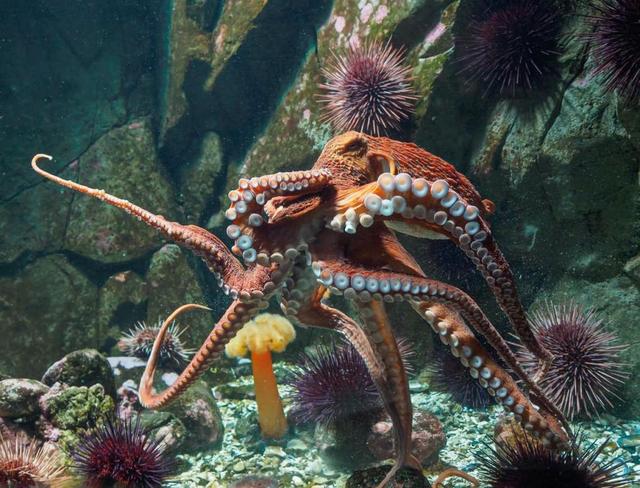
Could an octopus be a creature from an alien planet?
On our planet, there are countless species of creatures, some of which may have disappeared long ago, while others have been on earth for tens or even hundreds of millions of years. Some of these creatures may be so peculiar in appearance, even their genes, that they raise the question of whether they could be creatures from an alien planet, such as octopuses. What exactly have scientists found and why do they think octopuses are not creatures of earth?
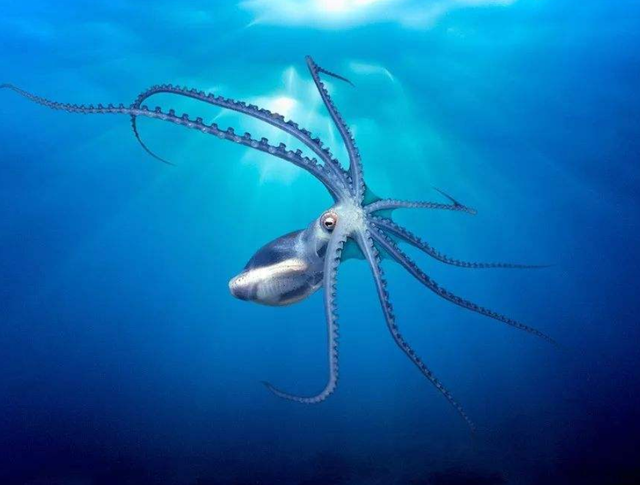
In the study of the octopus, scientists found that the octopus also has up to 500 million neurons in its brain, three hearts, two memory systems, and as many as 33,000 groups of octopus genomes, although the octopus genome is much less than our human genome, about 10,000 groups less, but compared with other in the end invertebrates, the octopus genome is still more complex, about 3500 groups are not found in other animals, many of these groups of genes are responsible for the brain, claws, suction cups, and stealth capabilities, in the octopus body is also covered with a variety of receptors, allowing the octopus to think more powerfully, is one of the most intelligent creatures on earth.
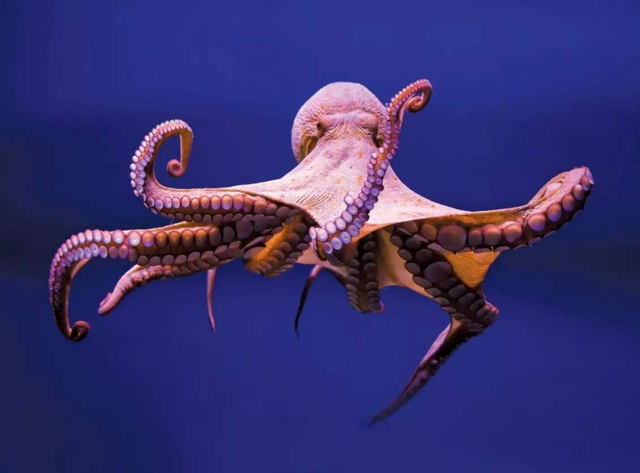
In addition to having a larger genome and more neurons, scientists have also discovered that octopuses have a unique genetic sequence that is not unlike that of other organisms on earth, and that octopuses have a greater ability to improve their genetic code than many other organisms, adapting it to extreme environments. Most importantly, when decoding octopus genes, scientists have also discovered that octopuses can build neural networks and have a set of genes similar to those we have in humans. Given that octopuses are so intelligent, their situation is different from that of many animals, leading many scientists to suspect that octopuses may be "Aliens".
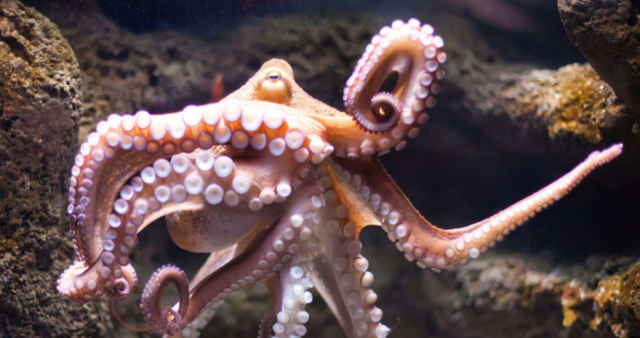
Some of you may be confused, but if octopuses are really from an alien planet, why have they not evolved into the age of "Octopus civilization" When their iq is so high and they have been around longer than we have? Although octopuses are relatively intelligent, it does not mean that they would have evolved a civilised society, because their lifespan is too short to pass on their experience and knowledge. They are also relatively small and have little energy at their disposal, unlike us, who can use fossil fuels or electricity or nuclear power, so with little energy at their disposal they would not be able to enter the age of civilisation.

